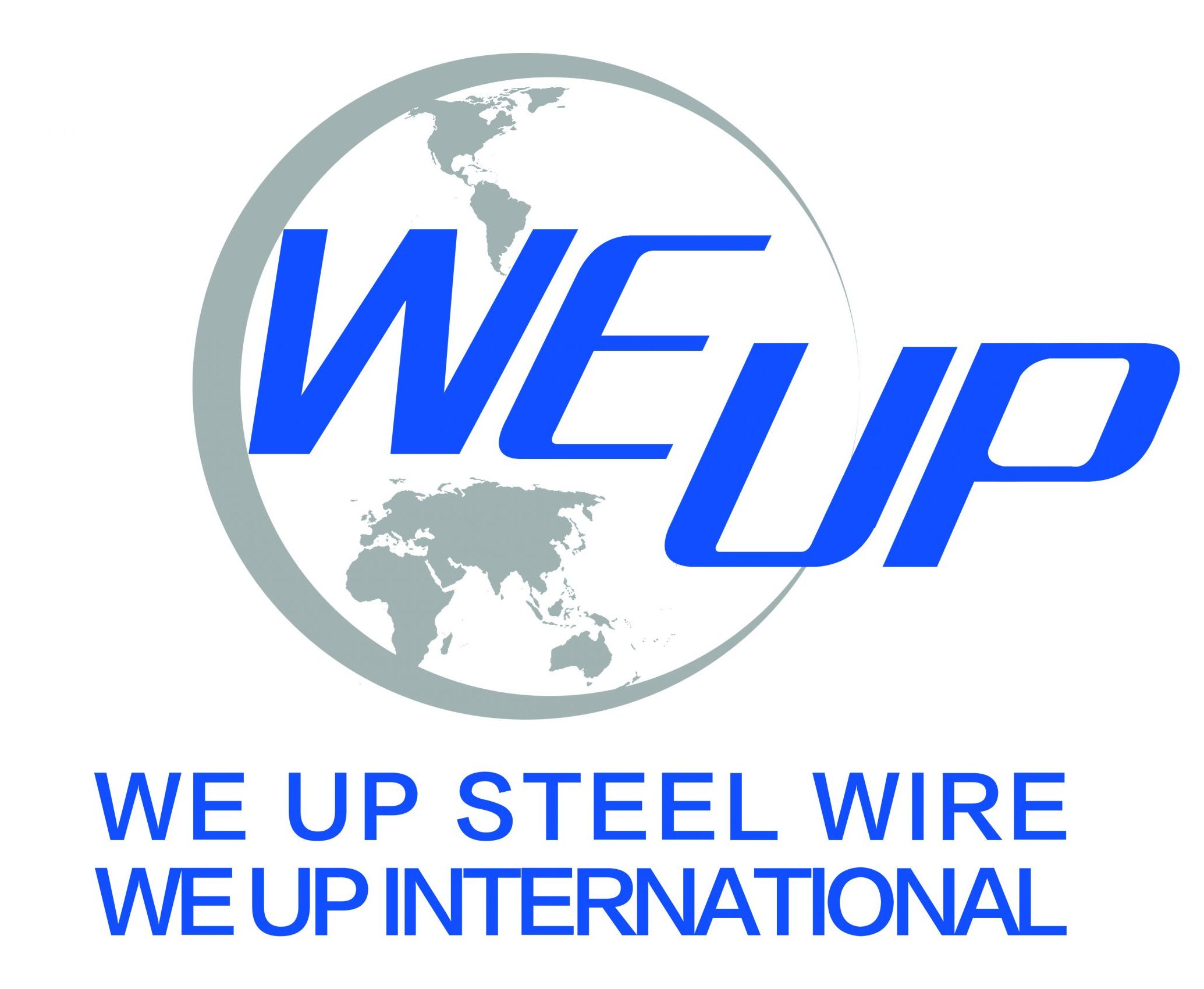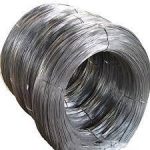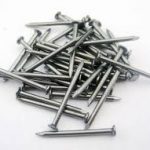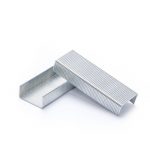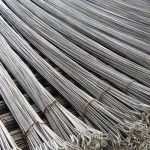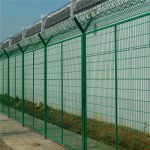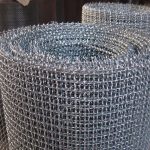- low carbon steel wire
- low carbon steel wire for nail
- low carbon steel wire for staple pin
Summary:
Low carbon steel wire is widely used for making nails, mesh, fence, binding, bundle, reinforced concrete structure and etc.
Brief Introduction:
Low carbon steel wire is sort of wires with carbon content of 0.06%-0.28% in percentage for general uses mainly. By classification of purpose, there is range of variety, such as for general uses, for significant uses, for overhead communications, for mechanics and others.
Low carbon steel wire for general uses with size of 0.16mm-10mm covers biggest capacity of the wires, and it has two kind of delivery states of cold drawn and annealed. For cold drawn low carbon steel wire, the tensile strength for general usage should be 635mpa-1000mpa, meanwhile that for nails usage should be 540mpa-1320mpa, and that for construction usage should be 635mpa Minimum. However, for annealed low carbon steel wire, the tensile strength should be 295mpa-500mpa approximately. Due to the good plasticity and limited variant resistance, low carbon steel wire can enjoy the maximum compression ratio of 35% dies to dies, and with general compression ratio of 95%.
Low carbon steel wire for significant uses with size of 1.0mm maximum has two delivery states of black(ungalvanized) and galvanized. The tensile strength for wire in hard state should be 540mpa-980mpa, and that for wire in mild state 440mpa-785mpa.
Low carbon steel wire for overhead communications demands higher standard against electrical resistivity and so that the steel wire rods should be conformed to requirement. Further, the wire requires heavy zinc coating for anticorrosion and the tensile strength should be 345mpa-490mpa.
Low carbon steel wire for mechanics with size of 0.75mm-12.0mm has delivery states of cold drawn or annealed. For that purpose, the wire diamter tolerance and wire surface are both required at a higher standard. Wire tensile strength should be generally 390mpa-735mpa.
Low carbon steel wire has several delivery states as required on wire surface, black(ungalvanized), PVC coated, electric galvanized and hot dipped galvanized.
- low carbon steel wire for bundle
- low carbon steel wire for fence
- low carbon steel wire for mesh
| Chemical Composition (%) | |||||
|---|---|---|---|---|---|
| Grade of wire rods | C | Mn | Si | S | P |
| Q195 | 0.06-0.12 | 0.25-0.50 | ≤ 0.30 | ≤ 0.050 | ≤ 0.045 |
| Q215A | 0.09-0.15 | 0.25-0.55 | ≤ 0.30 | ≤ 0.050 | ≤ 0.045 |
| Q215B | 0.09-0.15 | 0.25-0.55 | ≤ 0.30 | ≤ 0.045 | ≤ 0.045 |
| Q235A | 0.14-0.22 | 0.30-0.65 | ≤ 0.30 | ≤ 0.050 | ≤ 0.045 |
| Q235B | 0.12-0.20 | 0.30-0.67 | ≤ 0.30 | ≤ 0.045 | ≤ 0.045 |
| Q235C | 0.12-0.18 | 0.35-0.80 | ≤ 0.30 | ≤ 0.040 | ≤ 0.040 |
| Q235D | 0.12-0.17 | 0.35-0.80 | ≤ 0.30 | ≤ 0.035 | ≤ 0.035 |
| Q255A | 0.18-0.28 | 0.40-0.70 | ≤ 0.30 | ≤ 0.050 | ≤ 0.045 |
| Q255B | 0.18-0.28 | 0.40-0.70 | ≤ 0.30 | ≤ 0.045 | ≤ 0.045 |
Low carbon steel wire for general uses
Apply for mesh, nail, binding, bundle, fence and concrete structures
Standard: YB/T 5294-2009; JIS G3532:2000
| DIA (MM) | T/S (MPA) | BENDING TEST (180D PER TIME) | ELONGATION (%) GL=100MM | ||||
|---|---|---|---|---|---|---|---|
| COLD DRAWN WIRE | COLD DRAWN WIRE | COLD DRAWN WIRE FOR CONSTRUC -TION | GALVANIZED WIRE | ||||
| FOR GENERAL | FOR BINDING | FOR CONSTRUC -TION | FOR GENERAL | FOR CONSTRUC -TION | |||
| ≤0.30 | ≤980 | — | — | AS REQURIED | — | — | ≥10 |
| >0.30-0.80 | ≤980 | — | — | — | — | ||
| >0.80-1.20 | ≤980 | 880-1320 | — | ≥6 | — | — | ≥12 |
| >1.20-1.80 | ≤1060 | 785-1220 | — | — | — | ||
| >1.80-2.50 | ≤1010 | 735-1170 | — | — | — | ||
| >2.50-3.50 | ≤960 | 685-1120 | ≥550 | ≥4 | ≥4 | ≥2 | |
| >3.50-5.00 | ≤890 | 590-1030 | ≥550 | ||||
| >5.00-6.00 | ≤790 | 540-930 | ≥550 | ||||
| >6.00 | ≤690 | — | — | — | — | — | |
T/S of annealed wire or galvanized wire should be 295-540(MPA)
Low carbon galvanized steel wire collection
